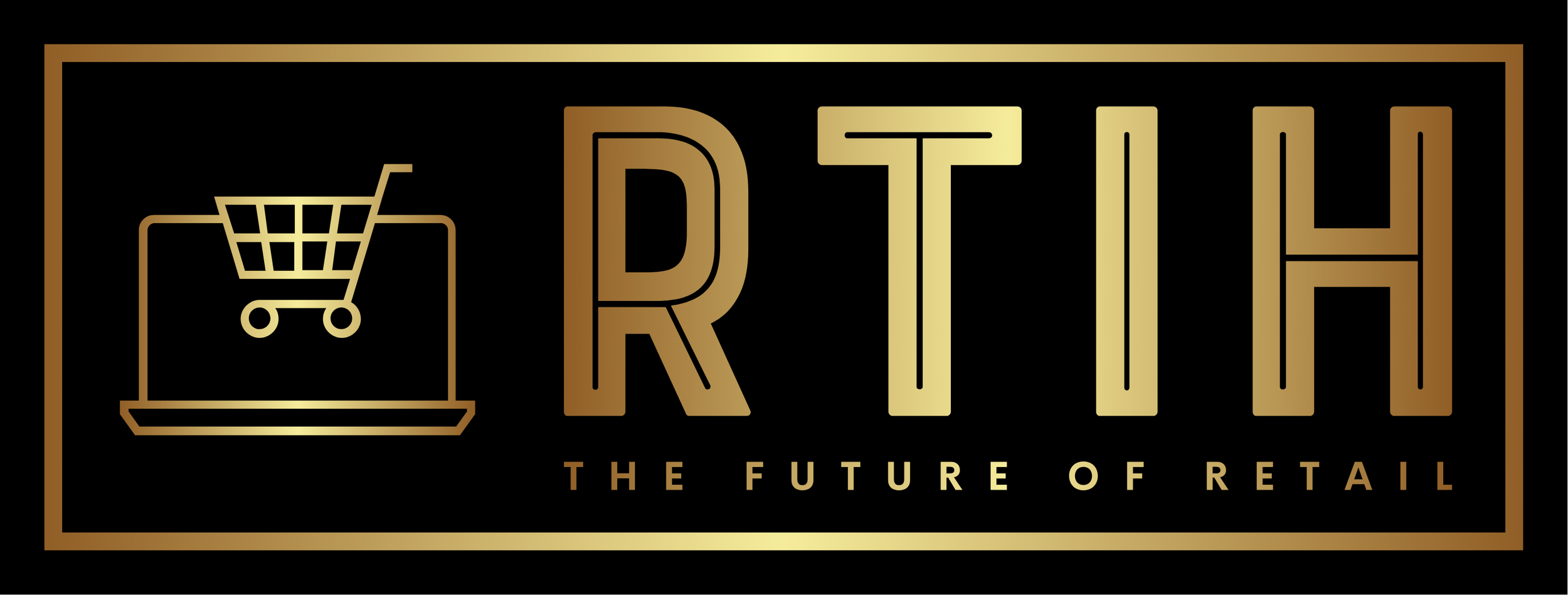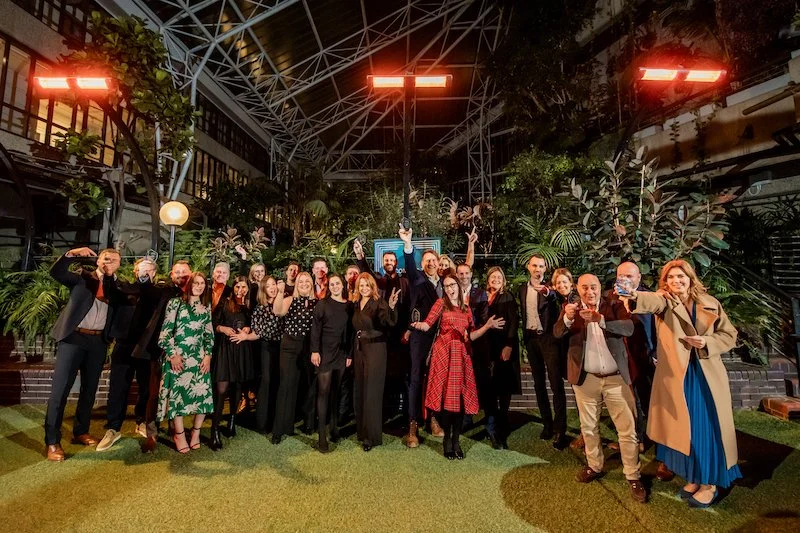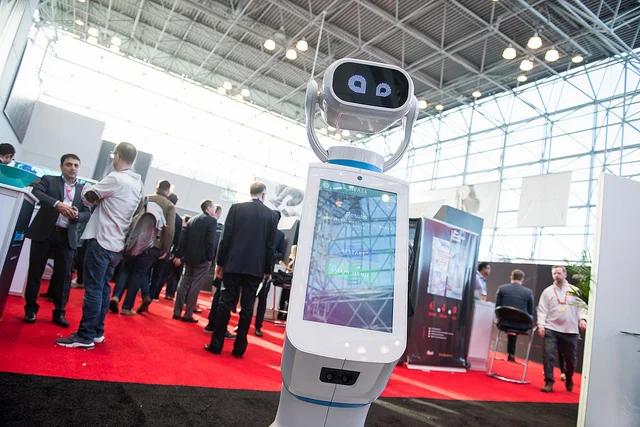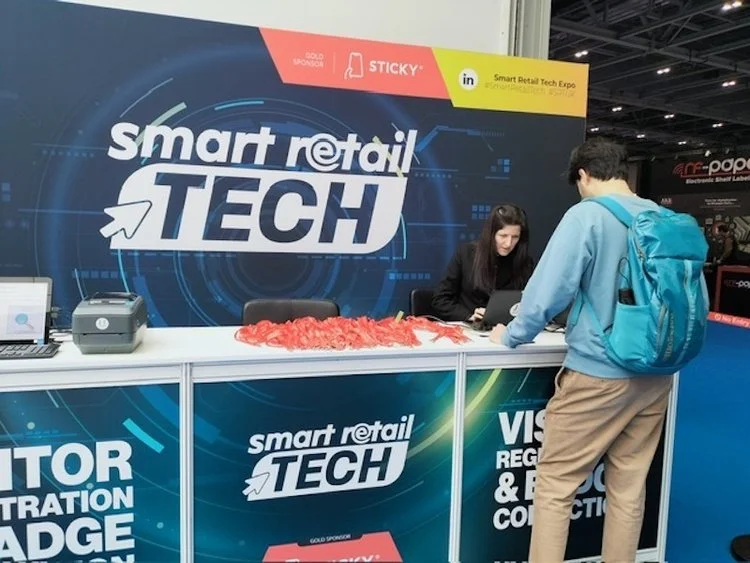Startup Stories: Daniel Hemsley, Co-founder, The Beagle Button
RTIH sits down with Daniel Hemsley to get the lowdown on The Beagle Button, a startup pitched as the UK’s first browser extension that automatically recommends eco alternatives when you’re shopping online.
RTIH: Tell us about The Beagle Button
DH: We want to change how the world shops by making it easier and cheaper for our users to switch to genuinely sustainable products and services. We do that through our free to use browser extension, The Beagle Button.
Once you download it, we sit in the background as you shop as normal. We work across all the major retailers in the UK and suggest sustainable alternatives to whatever it is you’re shopping for.
If you’re looking at a plastic toothbrush we’ll suggest a bamboo alternative. If you’re looking at a pair of Levis we’ll suggest Nudie Jeans. who have a free, infinite repair policy, or if you’re looking at a pair of running shoes we’ll suggest a carbon neutral pair of Allbirds.
We want to take all the pain out of the process of shopping sustainably to make it as quick and easy as possible for consumers to make better choices.
RTIH: What was the inspiration behind setting the company up?
DH: Back in 2019, we looked at how people like Honey and Pouch were influencing shopping behaviours through their browser extensions and thought, “how could we use that same technology to encourage sustainable consumption and bridge the gap between consumers’ intentions and their actions?”
If you ask them, 73% of people will tell you they want to shop sustainably - but they don’t for four main reasons: price, uncertainty around greenwashing, difficulty in incorporating new behaviours into their routines or a lack of awareness that sustainable alternatives exist in the first place.
If you think about ourselves as consumers, we’re inundated with choice and convenience and busy with our day to day lives. It’s far too easy for sustainable choices to slip down the list of priorities.
Eco-anxiety is real, it is easy to feel overwhelmed and powerless to affect change but that couldn’t be more wrong.
As consumers, we have real power to shape the world we want to live in with every single decision we make. Every penny we spend is a vote for the world we want to live in. We want to encourage and empower people to make planet positive decisions while they shop.
To oversimplify it, if overnight every single person in the UK stopped buying the apples wrapped in single use plastic from supermarket shelves and the unpackaged apples consistently sold out, do we think the supermarkets would keep selling apples in plastic packaging?
RTIH: What has been the industry reaction thus far?
DH: The response has been really positive. We only work with the very best sustainable brands in the UK; we work hard to ensure the products we recommend to our users are both genuinely sustainable and great products to use.
We want to reward our users for making planet friendly choices by connecting them with excellent products that are genuinely sustainable alternatives to whatever they are looking at.
As a digital product, The Beagle Button makes it easier for users to avoid greenwashing and shop sustainably with confidence but the user experience extends to receiving a physical product. We work hard to ensure we offer a seamless digital experience complemented by an excellent physical product that our users will enjoy using and have a positive experience with.
We’re in the fortunate position of being able to champion all the great brands that are doing amazing work to develop sustainable alternatives. Retail is only going to get more sustainable.
Our growing user base are the early adopters and we want to help mainstream sustainable shopping by taking it from the 10% of the population who are ‘dark green’ and already deeply committed to making more sustainable choices to the light green, the 40% of the population who if offered a sustainable choice would take it.
RTIH: What has been your biggest challenge/setback?
DH: We recognise that price is a huge challenge and puts lots of people off exploring sustainable alternatives.
It is a complex issue in the best of times only exacerbated by the cost of living crisis.
Trying to make more sustainable choices isn’t about deciding to throw out all the fast fashion items in your wardrobe and starting again. It’s about slowing down to make slow and steady progress in deliberate steps. Typically, by trying to consume more consciously you’ll naturally start to consume and therefore spend less.
We want to make shopping sustainable and conscious consumption as accessible as possible and an important part of accessibility is affordability. We work with our brand partners to offer exclusive discounts through The Beagle Button so we can save our users time and money.
RTIH: What is the biggest issue facing the online retail space right now?
DH: Greenwashing. Unfortunately, as public awareness of environmental issues grows and more and more consumers demand planet friendly products and services, so does the temptation for brands to greenwash. The rise of conscious consumers represents an attractive marketing opportunity.
As consumers we’re bombarded with brands making vague claims about their sustainable credentials; it’s hard to unpick actual positive impact from marketing spin. Greenwashing damages all the great work sustainable brands are doing to make conscious consumption the norm.
Instead of rewarding consumers for trying to reduce their impact with a planet positive choice, they trick and manipulate them into buying an inferior product that negatively impacts the planet.
No one would buy a product with a label reading “Made with Child Labour” or “Waste from This Product Contaminates Top Soil.” The problem is it doesn’t say that on the label and so we all buy products that effectively do that all the time.
To counter this we have independently researched thousands of the most ethical and eco-friendly products so our users don’t have to. We recognise that price is a huge challenge and puts lots of people off exploring sustainable alternatives.
We look at how sustainable products really are. To do that, we give each product a score against our five sustainability pillars: reduce waste, minimise emissions, support workers, protect animals, and avoid chemical usage. Products that pass these tests are scored and added to our database.
As our users browse online, we dig into this database to find the products that best match what they are shopping for.







